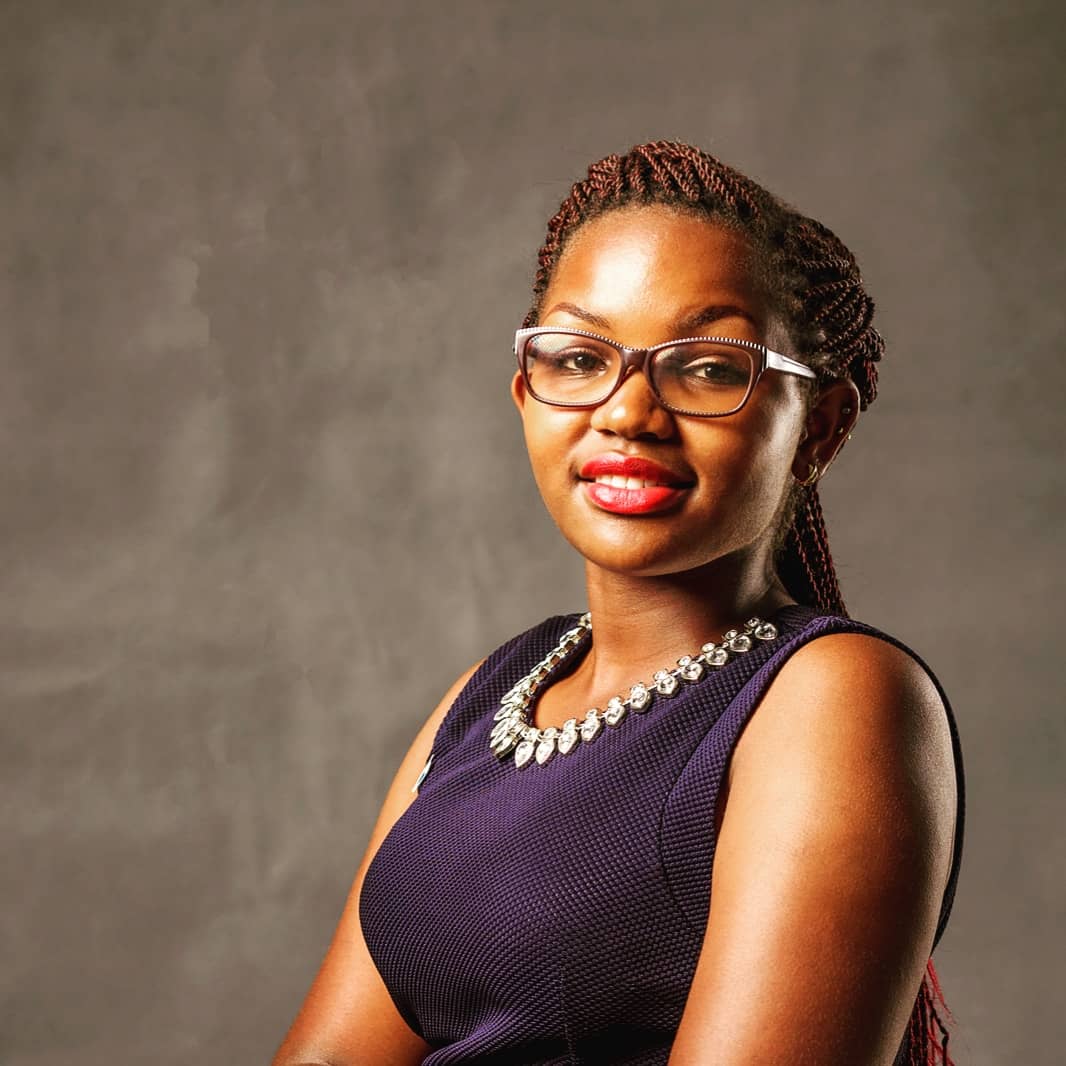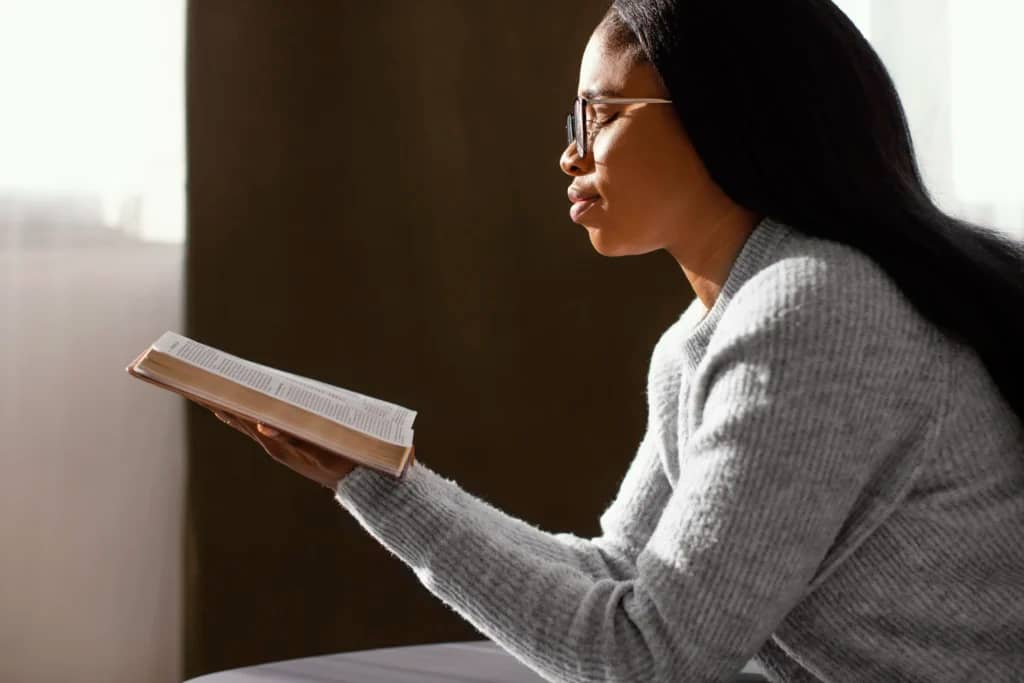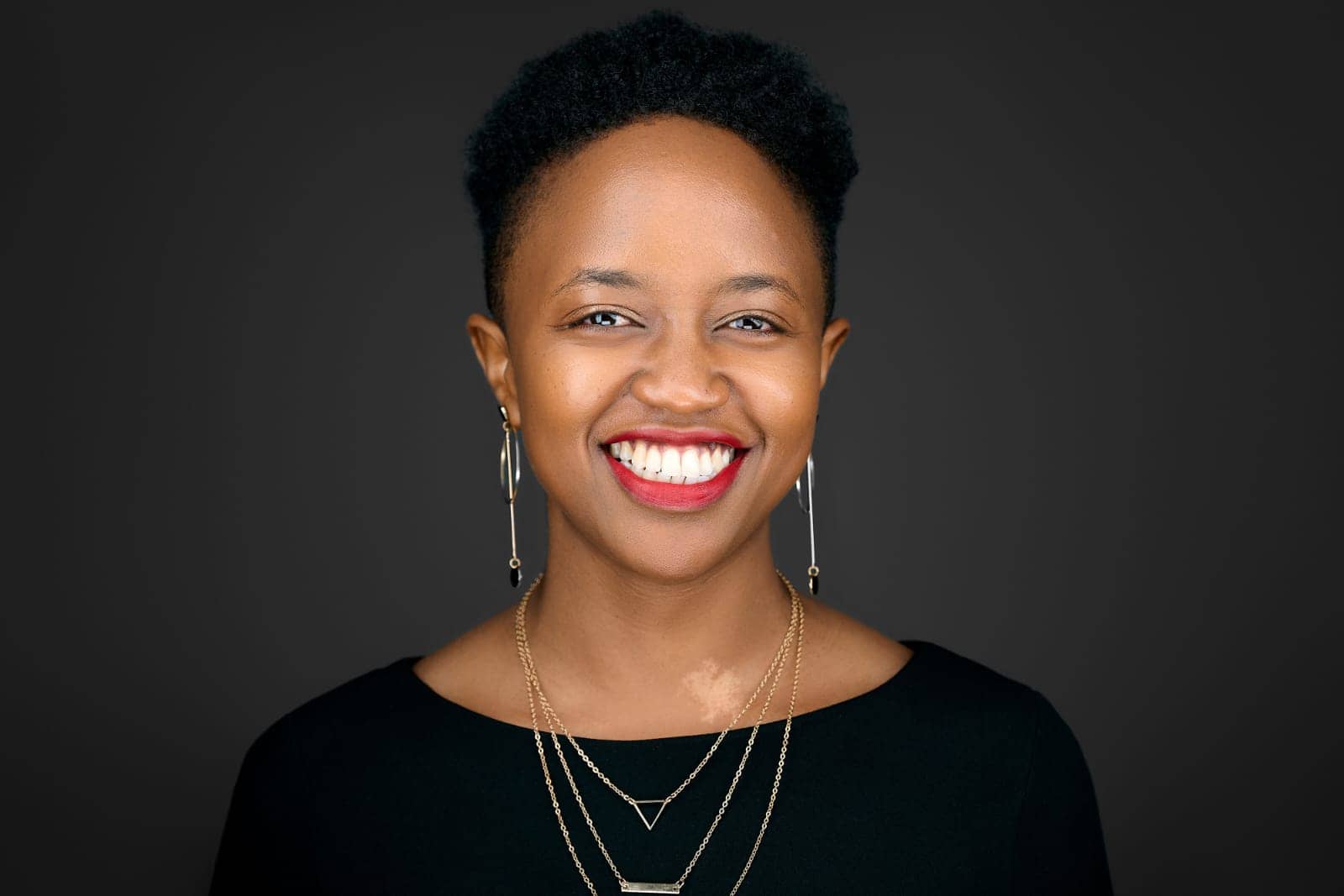From Brokenness to Purpose: Caroline Kagia’s 20-Years Struggle With Addiction
One of the most powerful things about God’s love is its ability to transform us. When we turn to him, He loves us unconditionally, forgives our sins, and wipes away our past. We emerge from his love, not bearing the scars, giving us a fresh start and a renewed purpose.
Let me introduce you to Caroline Kagia.
She knows firsthand this power of God’s redemptive love.
Of the twenty-three stories I’ve shared at Bold Daughters, Caroline’s story truly showed that even when the enemy seems to be winning, God still steps in and delivers His people in a mighty way.
Despite our Zoom connection failing, I was captivated by her story and hung onto every word she spoke.
Where did it all begin, and what caused her 20-year-long battle with alcohol addiction?
Caroline tells me that she grew up in a Christian home with present parents and was the firstborn of four siblings. Her father was a developer and pillar of his house. Her family never lacked anything, but Caroline struggled with self-esteem from a young age.
Young Caroline often felt a lack of affirmation growing up. Over time, she internalized a sense of rejection and believed she could never measure up to her parent’s expectations. This persistent sense of inadequacy became the root of her low self-esteem.
Unfortunately, the lack of self-worth made her an easy target for bullying at school, which further isolated her. However, despite everything, she always excelled academically.
After completing high school, she advanced to A-levels and was met with a new environment. It came with a lot of freedom, and this freedom posed a lot of challenges. There was smoking and drinking, and no one cared what you watched on TV or what you did.
She chuckles when she tells me I am from a generation that was forced to change the channel if there was profanity on TV or a Kissing ad.
Caroline’s newfound freedom came at a cost when a popular and influential schoolmate took an interest in her. Struggling with low self-esteem, she could hardly believe that someone so admired wanted to be her friend.
She had never met anyone who found her interesting, so she was willing to do anything to maintain the friendship. It was that important for her.
This schoolmate introduced her to smoking and drinking, leading her to abandon her Christian values for the first time. It felt out of touch and place because she had been sheltered from anything that could ruin her moral campus.
Embracing alcohol, cigarettes, and even having a boyfriend became her escape. A way to break free from the rigid expectations she always tried to fit into. After all, she just wanted to belong.
She recalls how they started having smoke breaks instead of tea breaks. The first time she drank, her friend handed her a bottle to take home. She waited until her family was asleep before trying it, only to feel nothing—much to her disappointment.
But that was just the beginning. Her friend later introduced her to stronger drinks, and within six months, she was so hooked on alcohol and cigarettes that she could finish a pack of cigarettes in a week.
In 2001, Caroline left Kenya for Malaysia for multimedia studies. She was excited, but that would quickly change as her struggle with alcohol worsened. She had adopted a habit of hosting parties, and alcohol was in plenty.
As her drinking got worse, she started skipping classes to the point where the school contacted her parents, but no solution seemed to work.
At one point, Caroline was involved in a near-fatal accident from intoxication. The accident, plus her alcohol addiction, made her roommates move out since they had gotten sick and tired of her way of living, fearing that something tragic might happen to her while drinking— something they could not bear to witness or be responsible for.
Eventually, Caroline returned home.
At the airport, her mother barely recognized her. The effects of drinking and smoking had stripped away her youthful glow, making her look older than she was. To this day, Caroline and her parents have never spoken about that moment. The silence speaks volumes about the pain of that time.
Even then, her family still did not have a clear picture of how deep Caroline’s addiction went.
Her father would later know how serious the drinking problem was when Caroline’s son was hospitalized. When she attempted to give her baby the prescribed medication, her hands shook so violently that she was unable to.
The image of Caroline struggling broke her dad’s heart so much that she decided to finally get help with her addiction.
She tells me she put herself together and got a job. Fortunately, Caroline was blessed because she never lacked a job with a good income. But the more money she got, the more she drank.
Even though Caroline had finally decided to deal with her addictions, it was not easy. She would go into rehab to start dealing with the issue and then relapse a few more times.
In 2014, Caroline re-dedicated her life to God and joined the choir. Yet, the battle with her addictions was far from over. She would sing with passion during service, all the while wrestling with an intense craving for a cigarette.
Sure enough, after each service, she would slip away to smoke in secret, the struggle of addiction burning as intensely as her desire to worship.
Two years later, Caroline decided to leave a toxic relationship and support her younger child alone. Without a job and desperate, she began manipulating people for money.
“I had a way with words,” she tells me. “Anyone I spoke to would give me money.”
When her lies began to fail, she resorted to selling her household items. “I was so broke I was ready to sell my mattress and doorknobs,” she laughs, recalling the moment.
This was one of the times she truly hit rock bottom and decided to check herself into a rehabilitation facility. Her condition had become so severe she could not even write or speak her own name.
On her 37th birthday, she left rehab, and several media houses, local and international, called to share her story. After all, when you mention alcoholism, 99% of people would think of men. But Caroline was one of the few women who battled with alcohol addiction— something that’s up to now stigmatized within society.
Then COVID-19 hit, and every effort Caroline had put into her recovery journey came to a halt. With the lockdown in effect, the isolation and uncertainty led Caroline to become a closet drinker.
Caroline describes a closet drinker(high-functioning alcoholic) as a person who is addicted to alcohol but does not want to be identified as a drinker. Unfortunately, the church has a lot of people in leadership positions who are struggling with closet drinking. A closet drinker chooses to drink in secret because, usually, they have an image to protect.
It was during this season of being a closet drinker that Caroline cried to God. She was broken and shackled by the drinking. It had stolen her time, money, and soul. Her self-worth had once again been reduced to nothing.
In that dark moment, when Caroline believed she was beyond repair and drowning in her own despair, God offered a lifeline. Caroline Kagia finally perceived that her story, messy as it looked, could become the initial point of healing for other women who struggle with addiction, just as she once had.
She named her organization the Caroline Kagia Wellness Initiative. Over the years, this initiative has become a platform where she shares her recovery and helps others battling similar challenges.
Caroline has since earned certification as an addiction therapist and recovery coach and now uses her own experience to guide and support those struggling with addiction. She’s also a global speaker who shares her expertise on substance use disorders, anxiety, depression, and trauma.

When I asked Caroline why she kept relapsing and why many people don’t ask for help, I was amazed by her raw honesty.
First, she tells me that people are not ready for the truth.
“For example, my parents and I have never had that conversation about that airport interaction. It is too much, and no one is ready to take that step.”
Caroline’s voice grows more resolute as she unpacks the systemic challenges.
“Look at some places of worship , when we find someone struggling with addiction or substance abuse. We respond with judgement or gossip , denying them a safe space where they should feel welcome. We deny them compassion, godly guidance and an opportunity to experience deliverance.”
Caroline also tells me our communities are still in denial that women can be struggling with alcoholism, and that brings about stigma.
“We cannot even bring ourselves to have a conversation in our families. When our loved ones go to rehab, we lie that they have traveled overseas or visited with distant relatives because we don’t want to deal with the root problem.”
She chuckles when she tells me that, “Yes, we can be Christians, but we are not exempted from trials. Alcohol and substance abuse is not a respecter of profession or social-economic class. I am glad that we have started the conversation.”
Caroline shares her raw, unfiltered story in her book “Still I Rise.” If her journey with alcoholism speaks to you, this book takes you deeper into the darkness she faced—and the light she found on the other side.
Caroline Kagia
Caroline is a Certified Addictions Therapist, Global Speaker, and Wellness and Recovery Coach. She speaks and teaches on matters to do with Alcoholism and Substance Use Disorders, alongside life-controlling issues such as anxiety, depression, and anxiety trauma.
Phone: +254 757 576 980
Email: carolinekagiawellness@gmail.com
Facebook: Caroline Kagia & Caroline Kagia Wellness Initiative
Tiktok: @ Carolinekagia1






